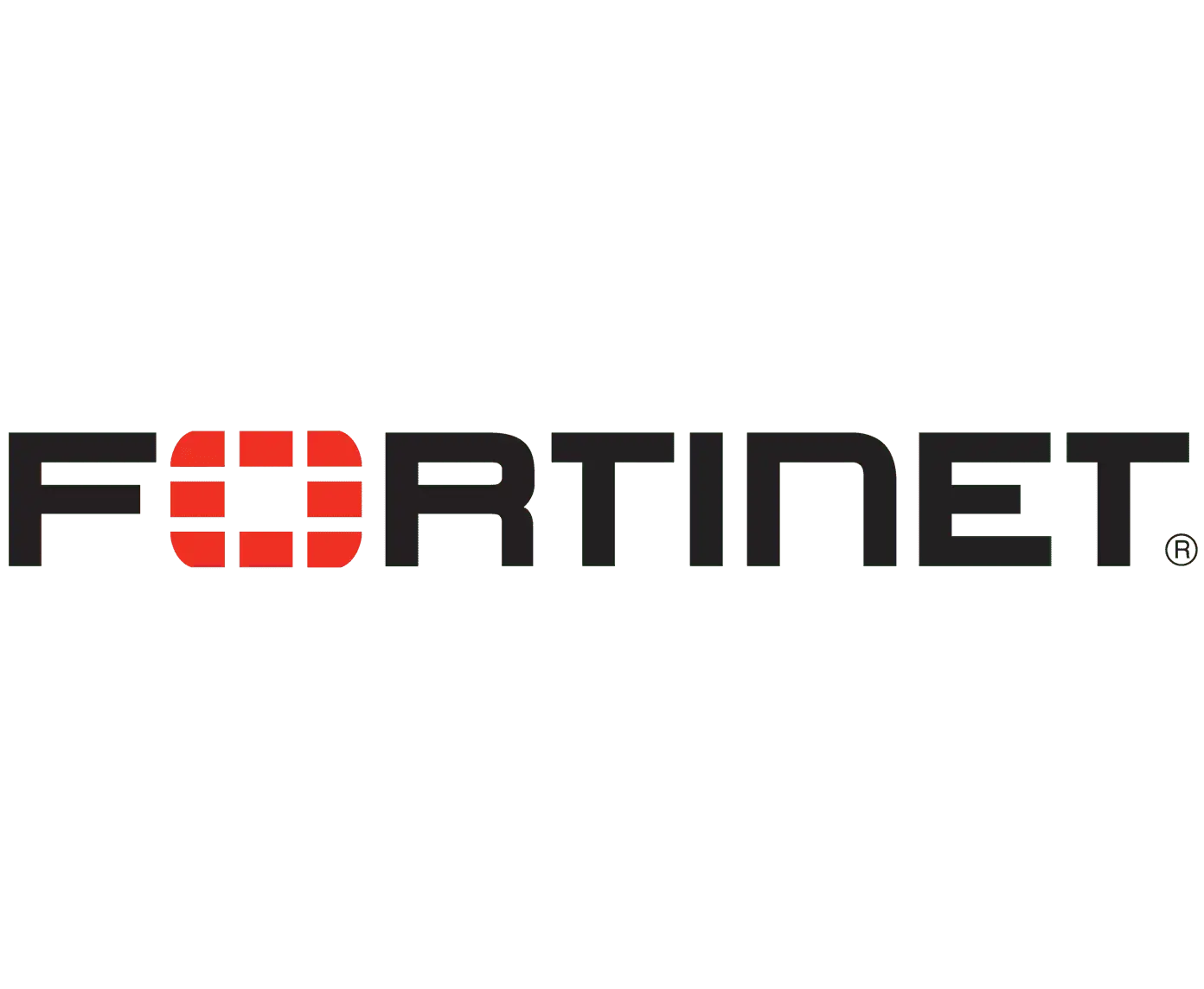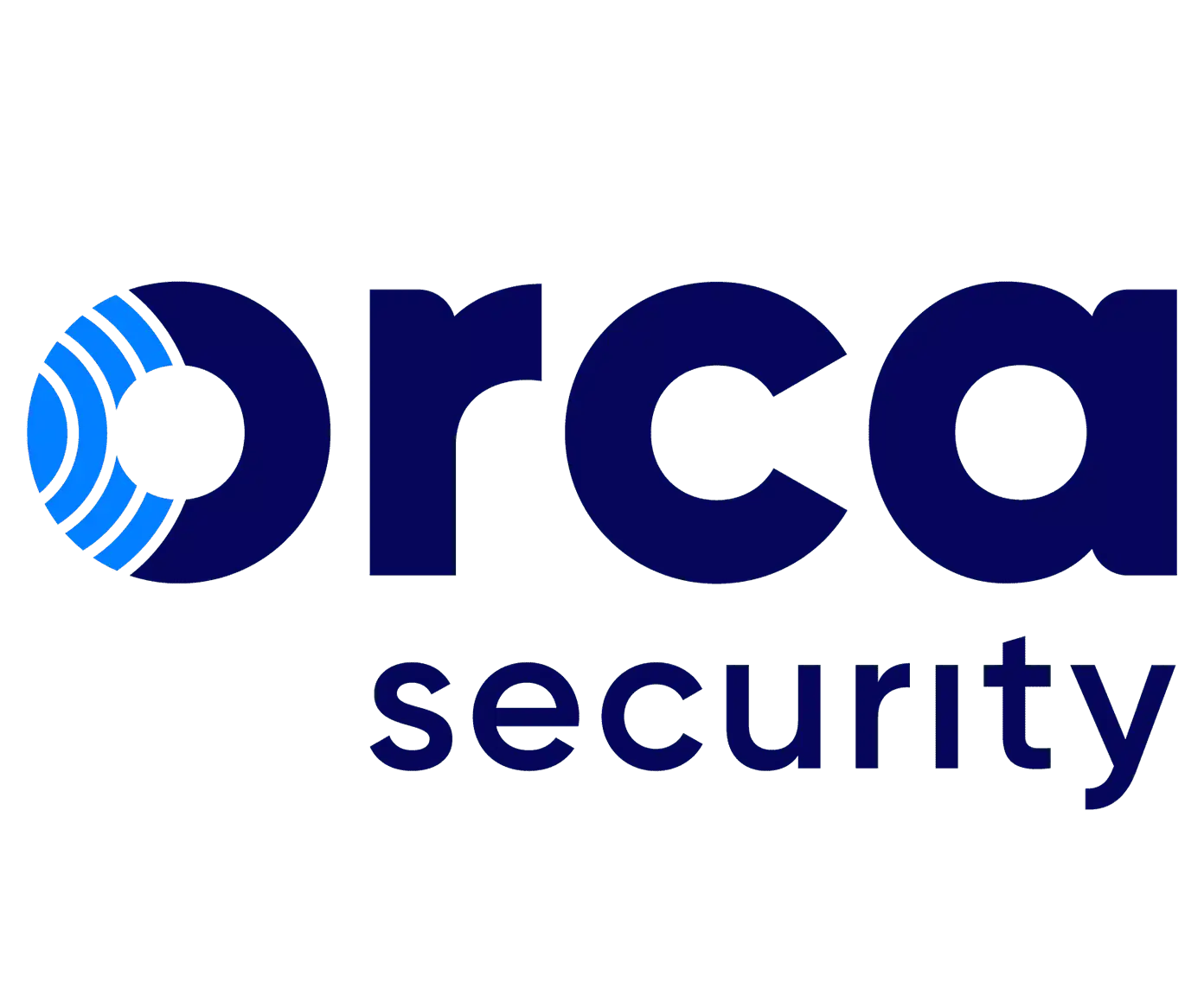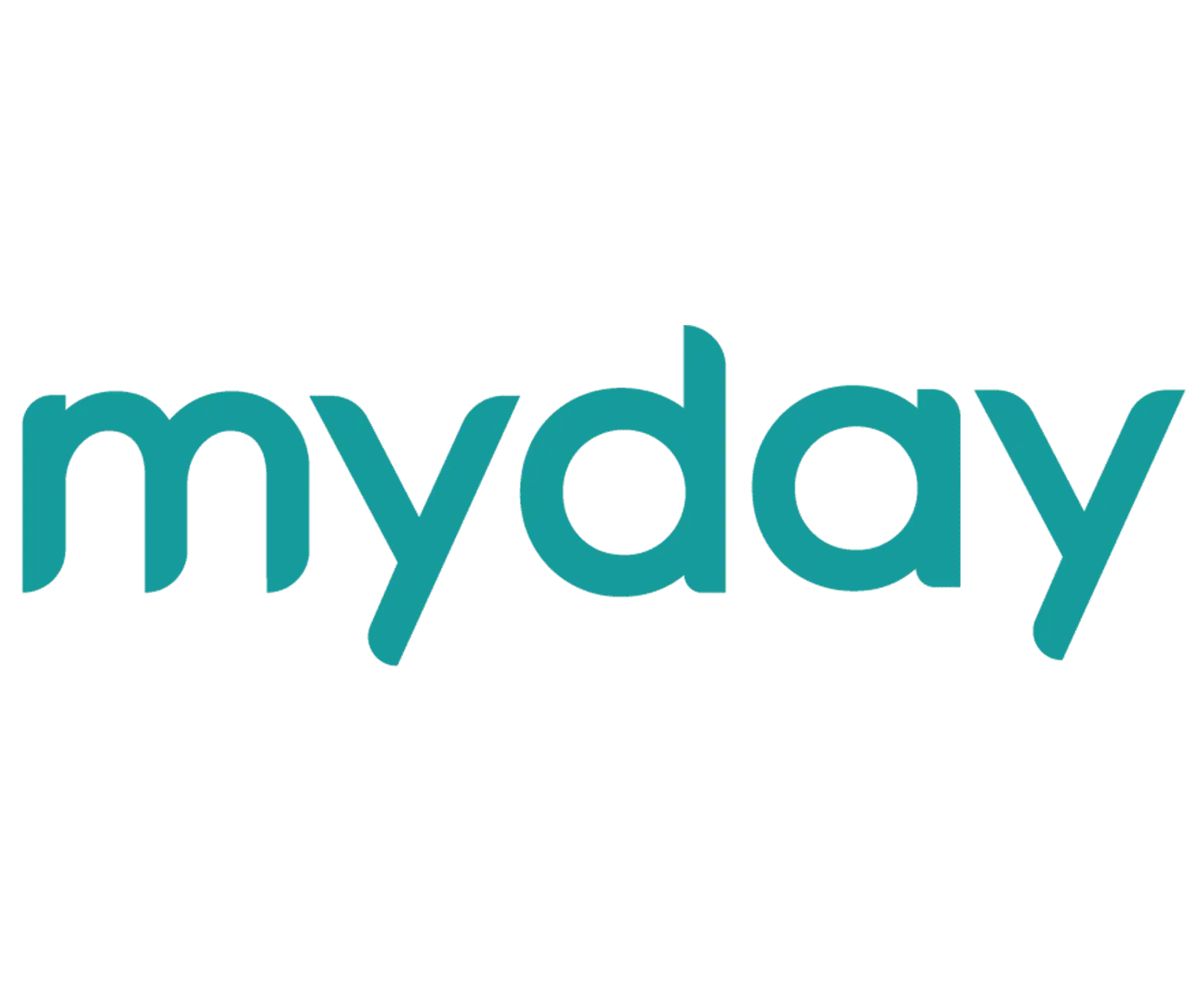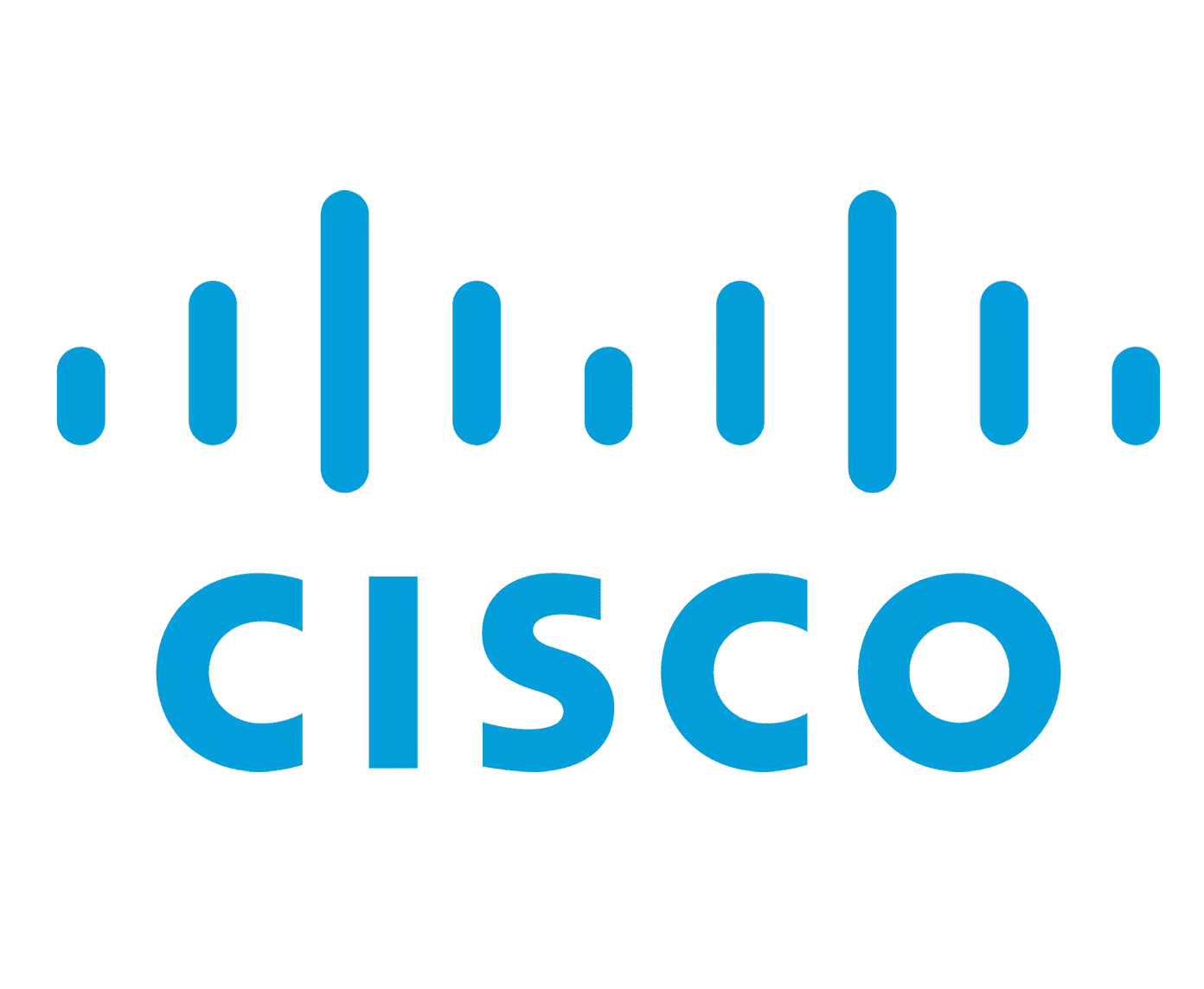Learning Management System
Unlock the full potential of your organization’s training initiatives with our comprehensive Learning Management System (LMS).ss.
Our platform revolutionizes the way you manage and deliver learning content, ensuring a seamless and engaging experience for both administrators and learners. With customizable features, intuitive interface, and robust analytics, our LMS empowers you to create tailored learning paths, track progress, and assess performance effectively.
Whether you’re onboarding new employees, upskilling your workforce, or providing ongoing professional development, our solution streamlines the process and maximizes learning outcomes. Elevate your learning journey with our dynamic LMS and propel your organization towards succe
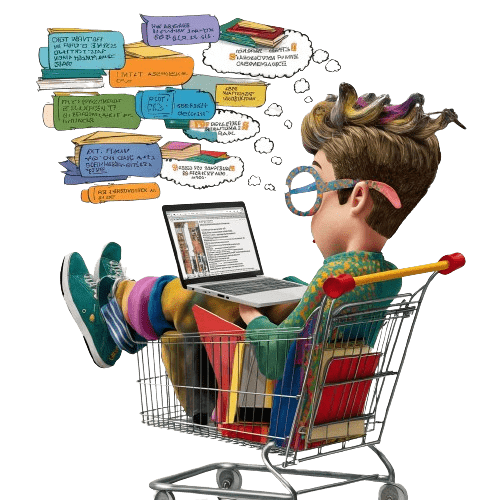
Frequently asked question about LMS
A learning management system or LMS, is software that helps you organize, implement, and manage online learning environments. It serves as a centralized library where students access interactive learning materials and assessments, while trainers monitor their progress and overall performance.
For businesses | For learners |
Reduce training costs. | Access learning content anytime and anywhere. |
Reduce the time needed for employee on-boarding. | Study at your own pace. |
Stay on top of compliance training and keep everyone up to date with the latest regulations. | Get customized training. |
Deliver quality product training at scale. | Receive instant feedback. |
Improve work performance and create opportunities for promotion. | Monitor your progress and identify areas for improvement. |
Ensure knowledge retention. | Stay motivated and focused on your goals. |
Educate end users on product qualities or features with customer training. | Collaborate on assignments and projects with other learners. |
For businesses
- Reduce training costs.
- Reduce the time needed for employee on-boarding.
- Stay on top of compliance training and keep everyone up to date with the latest regulations.
- Deliver quality product training at scale.
- Improve work performance and create opportunities for promotion.
- Ensure knowledge retention.
- Educate end users on product qualities or features with customer training.
For learners
- Access learning content anytime and anywhere.
- Study at your own pace.
- Get customized training.
- Receive instant feedback.
- Monitor your progress and identify areas for improvement.
- Stay motivated and focused on your goals.
- Collaborate on assignments and projects with other learners.
No, an LMS typically requires an internet connection to access and use its features. If you’re an LMS admin, you need to be online to manage and use the platform.
- Teachers: employ learning management solutions to create virtual classrooms, distribute course materials, post quizzes and assignments, and engage with students in a collaborative learning setting.
- Corporate trainers: use learning management software to onboard new employees, create personalized online courses, deliver compliance training, foster professional development and technical expertise, and monitor learners’ progress.
- Small business owners: use LMS solutions to provide cost-effective and standardized employee online training that’s available on desktop and mobile devices. The software helps entrepreneurs deliver consistent training materials and evaluate employee performance within a reduced budget.
- Government agency administrators: deliver training and compliance programs to their employees and citizens via learning platforms, streamlining the administrative processes involved in managing a large workforce.
- Healthcare department managers: use LMS platforms to train staff on the latest medical laws, best practices, and technologies.
There’s no universal agreement on the full feature set of a standard platform, but you can think of the first three items on the list below as basic LMS features and the rest as advanced ones.
- User management : You can add and edit users, assign user roles, and combine learners into groups and organizations.
- Course management : Learning management software allows tutors to upload and share training content with students, reorganize course modules, categorize courses, and create assessments based on course materials.
- Progress tracking : An LMS assesses learner performance in real time.
- Content creation : This can be a built-in editor that allows you to create page-like courses.
- ILT Classroom : The LMS can provide extended support for classroom-based initiatives (e.g., managing schedules and monitoring attendance).
- Mobile learning : Some LMSs have native mobile apps that allow offline course access.
- Social learning : It can serve as a social tool that allows you to unite students into groups for class projects, create discussion boards, and conduct webinars.
- White labeling and customization : Your platform might allow customization to help maintain brand consistency within the learning experience.
- Gamification : Points, awards, ratings, and badges can increase learners’ engagement, motivation to study, and retention.
- Certification : The LMS can issue certificates of completion for professional certification.
- Tracking learner progress : Learning management solutions create detailed LMS reports that include satisfaction and completion rates, assessment results, average scores, and other course stats.
- Artificial intelligence : AI-powered assistants personalize the learning experience and streamline course creation.
Services We Provide
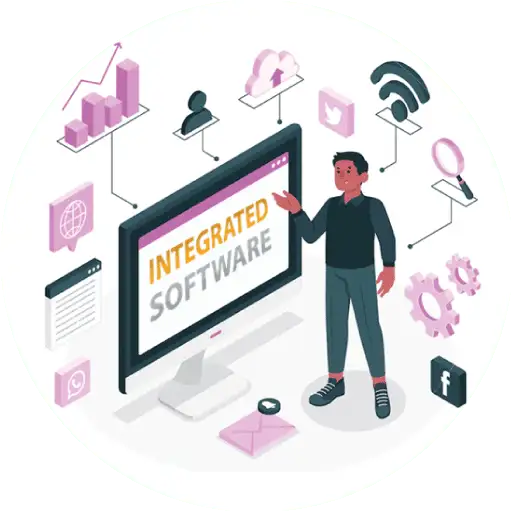
Integrated Softwares
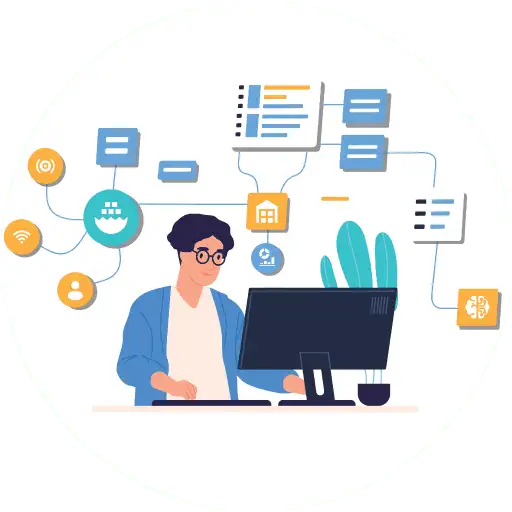
Custom Web Development
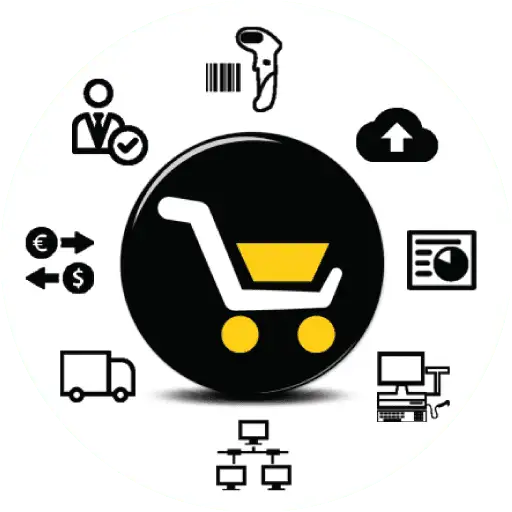
Custom Pos & Inventory Management System

Social Media Marketing
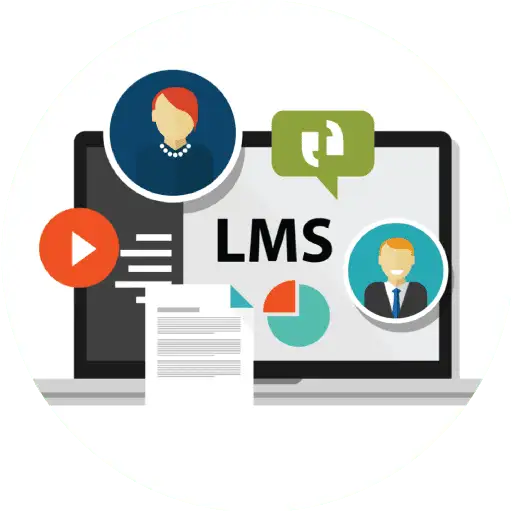
Learning Management System
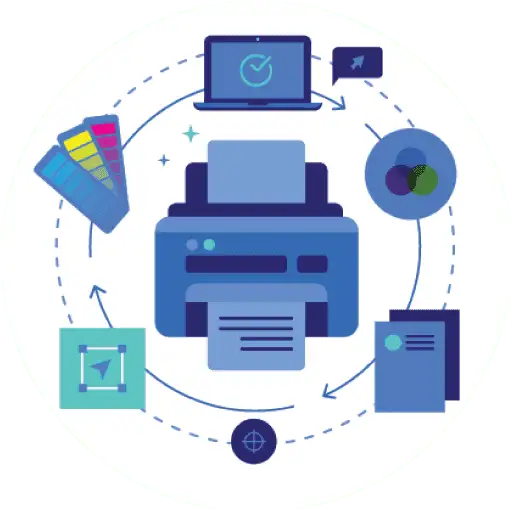
Printing Solutions
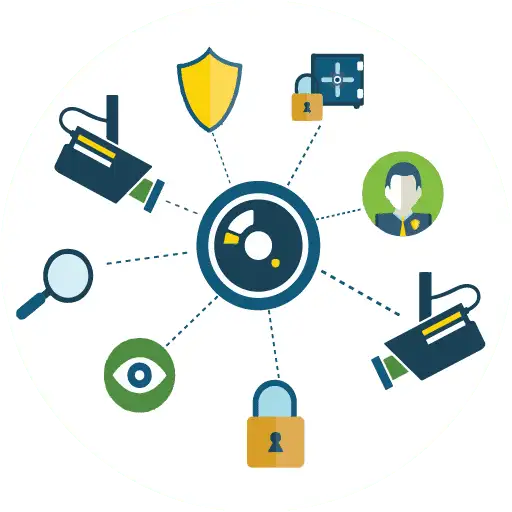
CCTV Security
Surveillance System


